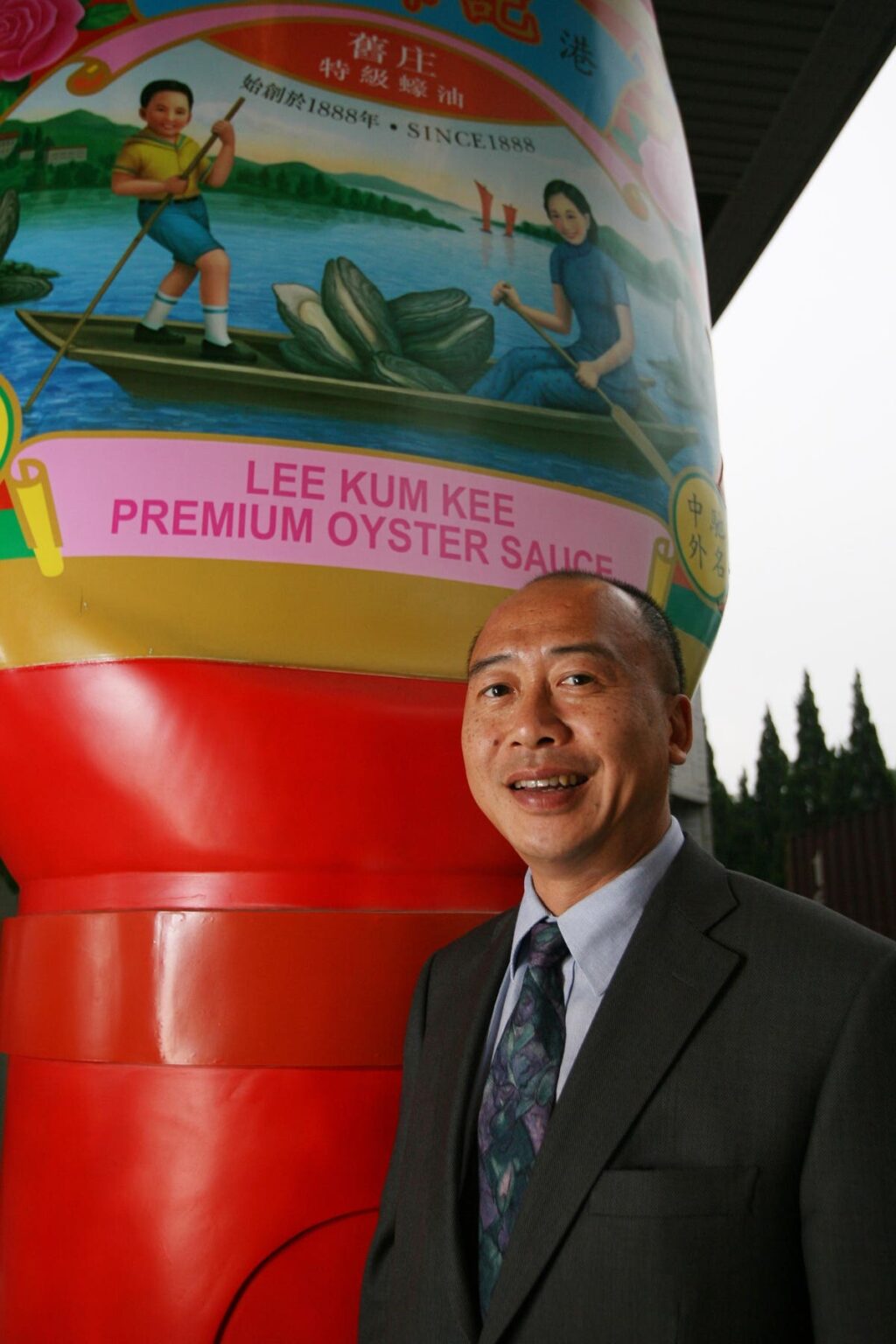Lee Kum Kee is a global leader in sauces and condiments. It is a household name in Asia and a lot of their condiments are considered staples in Chinese and Cantonese cuisine. While many know the brand for its sauces, little is known that the group has developed a comprehensive governance system that holds the Lee family together for decades. The company was established in 1888 by founder Lee Kum Sheung and has now been passed down to the fifth generation, which in itself is an exceptional case in the ultra-high-net-worth world. This article explores the various measures the Lee family uses to improve governance and discusses what other families can learn from their experience.
Family Offices are traditionally seen as an extension of the family, it often takes on the characteristics of the wealth creator and tends to have a loose governance structure. According to the survey we conducted for our 2023 Global Family Office Compensation Benchmark Report created in collaboration with KPMG Private Enterprise, we found that only 58% of Family Offices have a formalised governance structure in place and over 60% do not have other governance policies in place outside of their Family Office. For a sophisticated entity that handles a wide range of matters for ultra-high-net-worth families, the lack of formalised governance structure is alarming. This can be detrimental to the success of a Family Office. As wealth grows and the family expands, the need to establish an effective family governance framework for cooperation and joint-decision making becomes important. An effective governance framework can align family members’ interests based on shared values, a common mission, and a collective vision.
We have all heard the saying “shirtsleeves to shirtsleeves in three generations”. One of the many reasons why wealth seldom goes beyond the third generation is the lack of family governance. At one point, the Lee family was close to falling victim to this curse. From the late 1990s to the early 2000s, former Patriarch and chairman of Lee Kum Kee Group Lee Man Tat was facing battles for control within the family. To keep the business thriving and the family together, the Lee Kum Kee Group introduces a comprehensive governance system that was unprecedented at the time.
In an interview with The Nation Newspaper, fourth-generation member Eddy Lee said that he believes Family-run enterprises are essentially different from general business enterprises as the former also comes with the obligation to take care of “family values”. The Lee Kum Kee group values family over oneself. “This is because if the family gets along well, basically, the business will go well. But if the family lacks harmony, the business won’t succeed,” Eddy added. The family adopted a dual-governance structure that separates the family and the business. The family council was set up in 2002 and has since been a fundamental part of the dual-governance framework. The council comprises 7 family members and they are obligated to meet up every three months. The council oversees all family affairs, from succession planning to family investments and all other family institutions. The family is very regimented with their governance practices. There is an electronic bulletin board in the council’s office that keeps the time and the number of its meetings. The presence of the council has resolved many issues for the family over the years. Some of the decisions made include prohibiting spouses from working for the group, setting mandatory retirement ages of 65 for the business unit and 70 for the family council and allowing non-family members to be the chairman or chief executive of any of its business units. Additionally, the family foundation, family investment centre, family learning centre and the Family Office are each chaired by one of the siblings of the fourth generation and are overseen by the family council.
Succession planning is a pressing concern in the ultra-high-net-worth world. However, according to our findings from the 2023 Global Family Office Compensation Benchmark Report. Only 52% of Family Offices worldwide have formal succession planning in place. While generating wealth and investments are important, cultivating and engaging the younger generation is also vital to the longevity and success of family-run enterprises or Family Offices. Lee Kum Kee has survived two splits that could possibly put an end to the business. After learning the effect of family changes and disputes, the group have put their mind to engaging and aligning the interest of the next generation. A few years ago, when it was identified that the fifth generation of family members was showing signs of drifting away from the business, the group acted promptly to secure the engagement of the younger generation. The fifth-generation members were required to sit on the meetings at the venture capital arm as part of a board trainee program. They were also participating in deal-sourcing trips, talking to startups and pitching investments. To further raise their interests in the business, the family council has also put a strong emphasis on the pursuit of philanthropy. On top of that, a programme of regular family retreats is arranged to allow for open discussions across generations. The family learning centre was established as a communication and consultation platform for the family members and the family committee is the highest decision-making body in the family. The presence of these programmes and institutions has allowed the Lee family to govern the family, resolve family conflicts and cultivate the next generation properly, contributing to the longevity of Lee Kum Kee.
A lot of wealthy families often prefer to hire trusted friends and family members in order to retain control. However, this can put the business or the Family Office at risk of placing an unqualified person in an important role. Putting exceptional wealth and sensitive matters into the hands of a person that may be incompetent is precarious. This is a problem that is faced by family enterprises and Family Offices worldwide, and the Lee Kum Kee group is well aware of this. Some of the rules in the Lee Kum Kee family constitution read “Only those in the bloodline can own shares”, “the group can’t hire in-laws”, and “younger heirs are required to work outside of the family business before returning.” Abiding by the rules, the children of Lee Man Tat have all joined the business after earning degrees in food science, chemical engineering, marketing and finance prior to joining the business. This practice is instrumental to both intergenerational wealth transfer and succession planning. Allowing the younger generation to attain all the required knowledge to run the business can better prepare them for the leadership role. As they prove their competence and credibility, they can be given more responsibility and authority in the business and the Family Office. This can also ease the doubts and “nepotism” controversies that are often associated with the capability and competencies of the younger generation, paving the way for a smooth transition.
A Family Office tends to oversee a broad range of activities and services. A well-functioning governance system that guides and aligns the interests across the Family Office is imperative to its success. The story of Lee Kum Kee is truly inspiring, and we believe the philosophy behind it can be applied to most Family Offices. As the succeeding generation comes to wealth and the complexity of operation continues to grow, a formal governance system is needed. This can come in the form of a board of committees that oversees one or multiple functions of the Family Offices. We have previously published a piece on the importance of investment committees for a Family Office. While many tasks can be delegated to outside professionals, we believe it is crucial for family members to play a role at the governance level. Family members must at least be responsible for setting primary strategic objectives, defining an investment risk profile and evaluating the performance of the Family Office. We advise family members to sit on the Family Office board or an investment committee alongside qualified professionals to ensure objectivity and the alignment of interests.
Read the full article here













